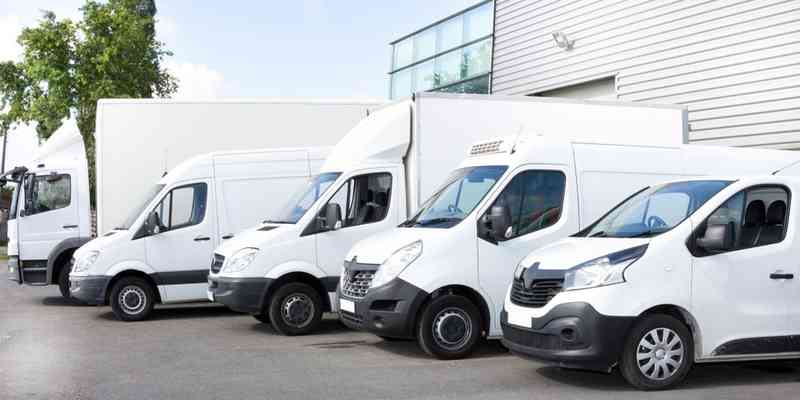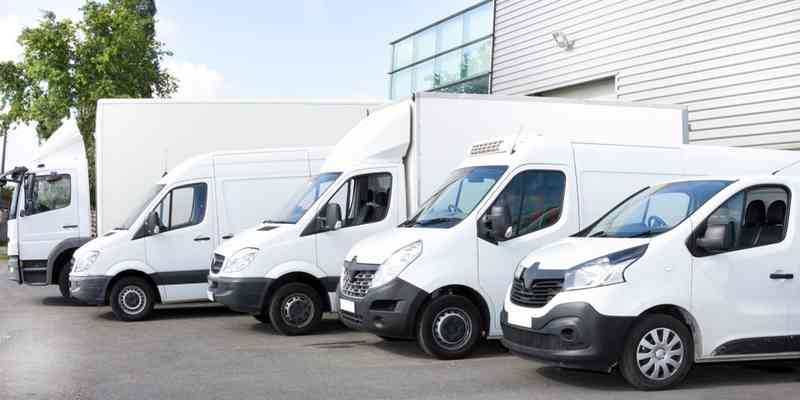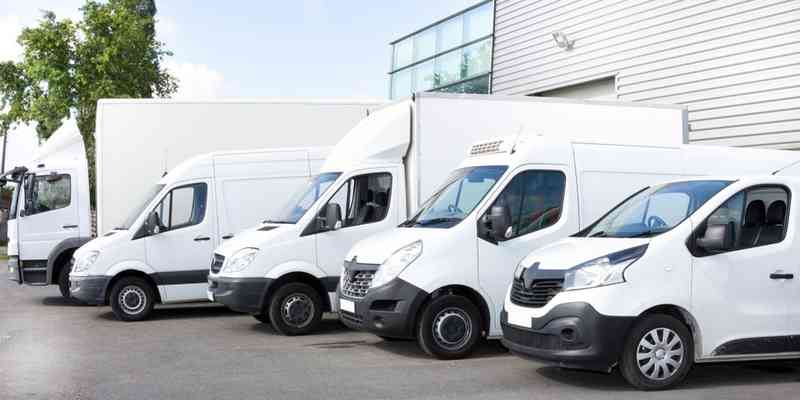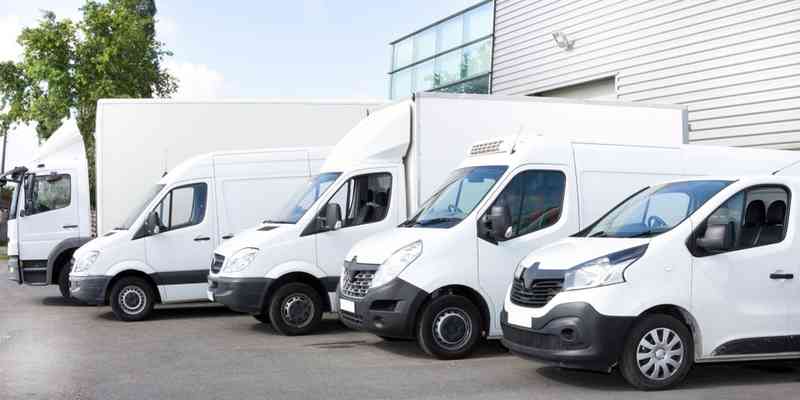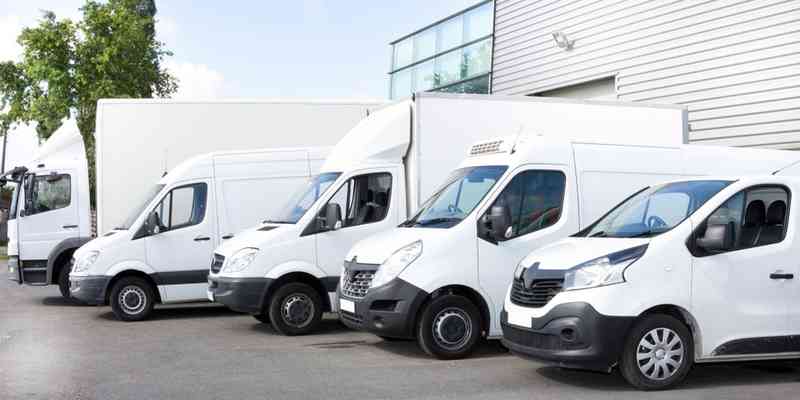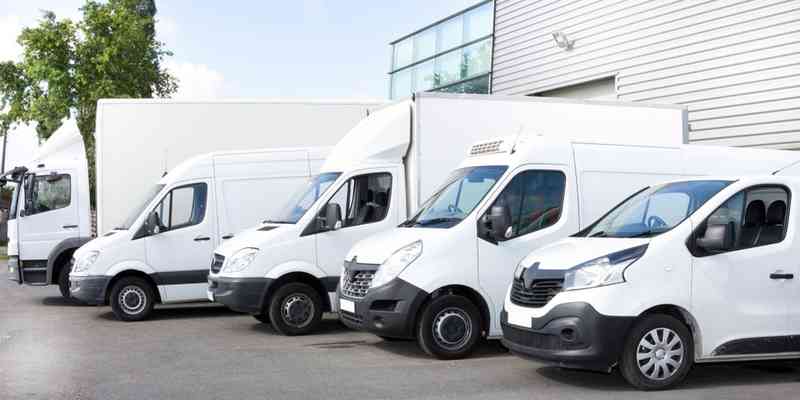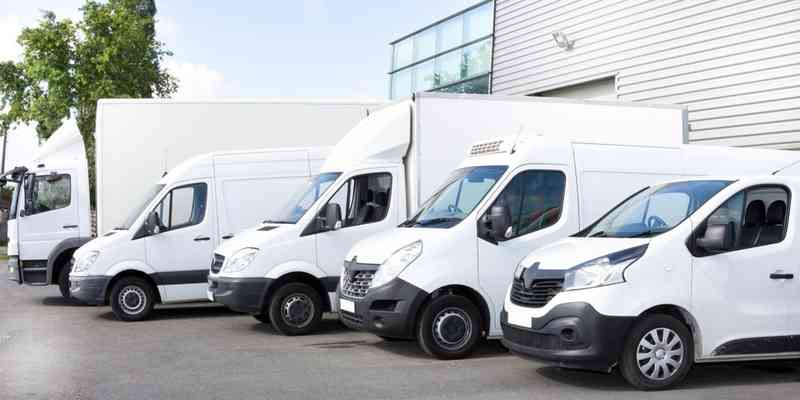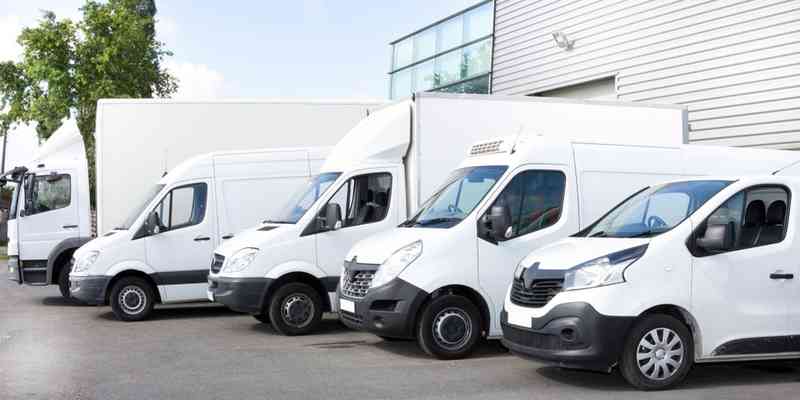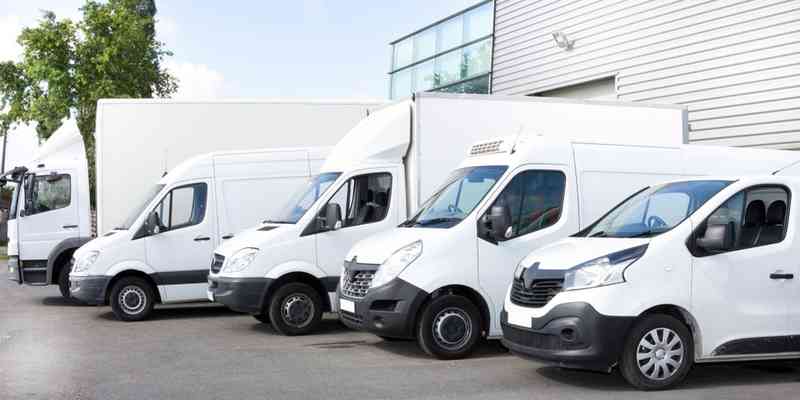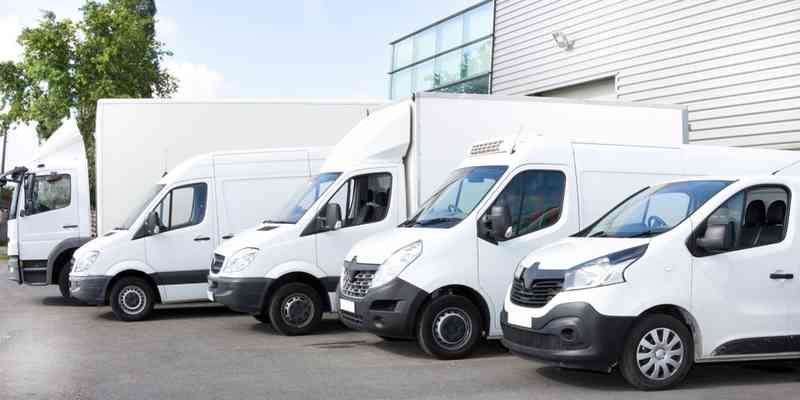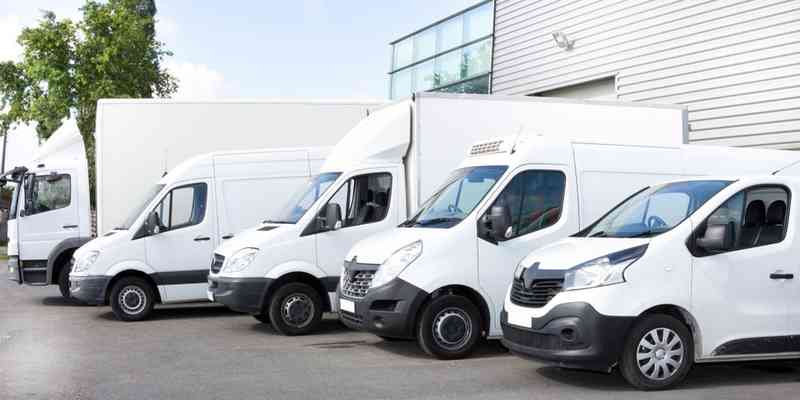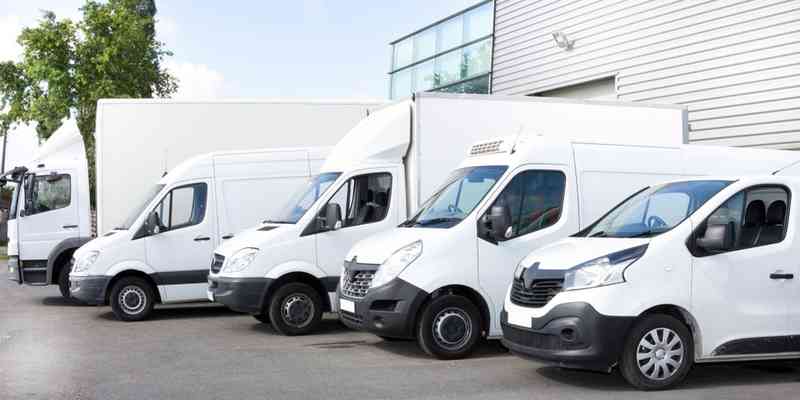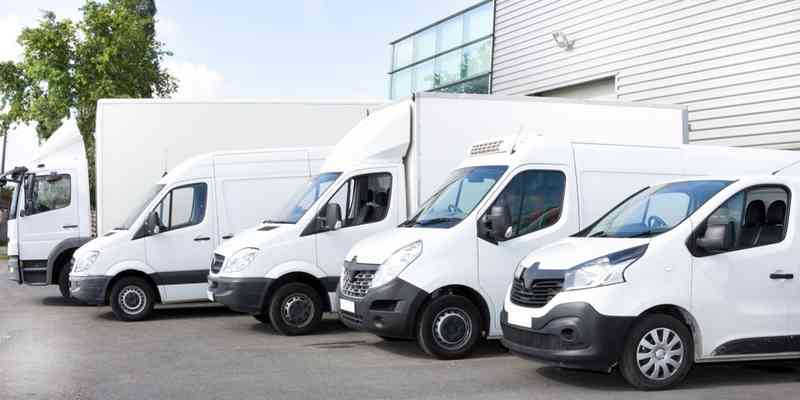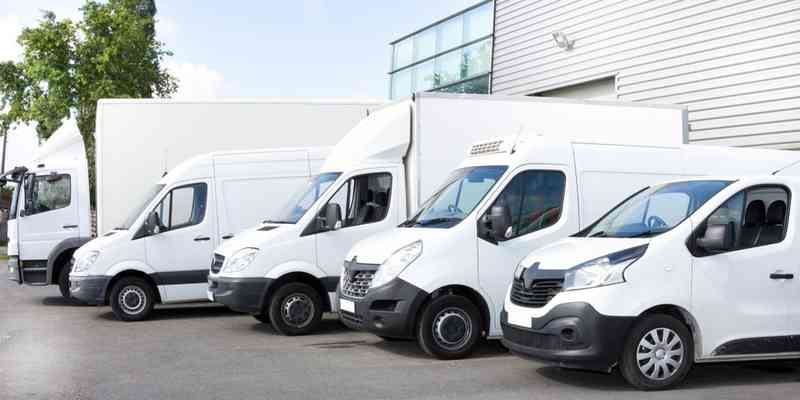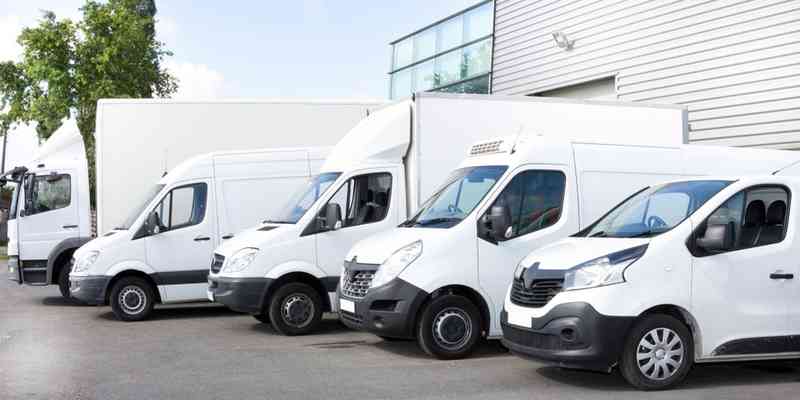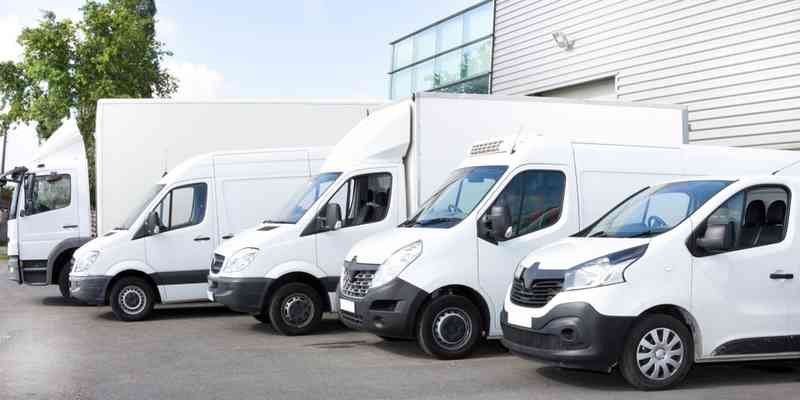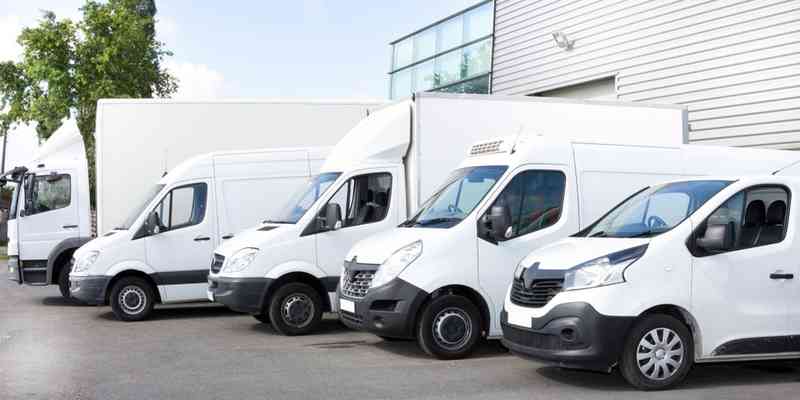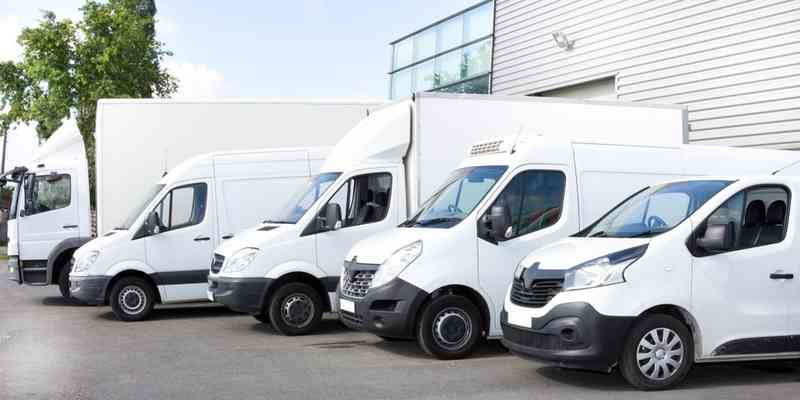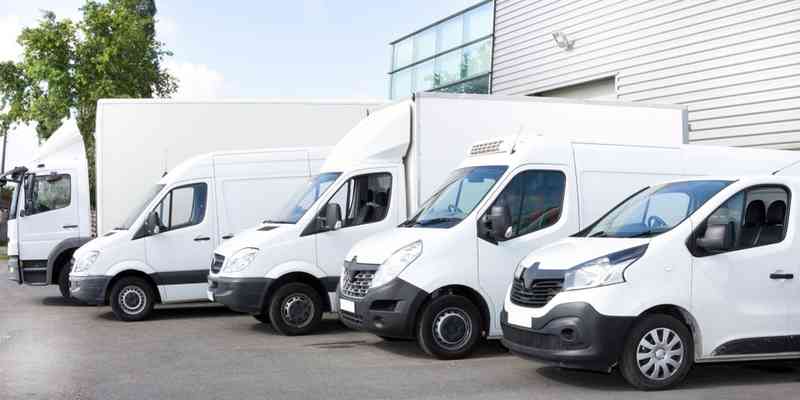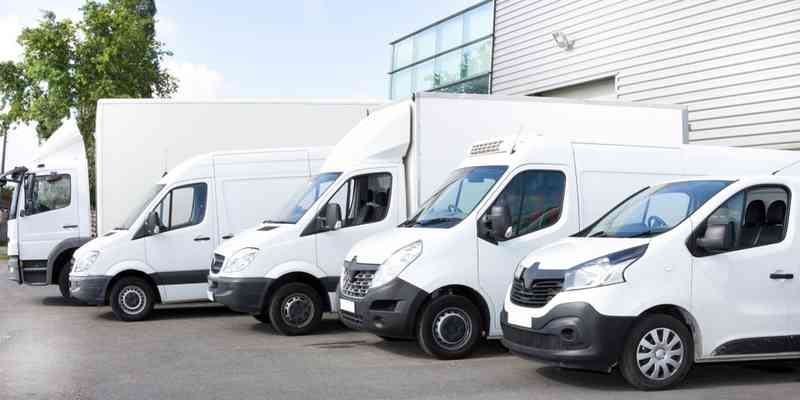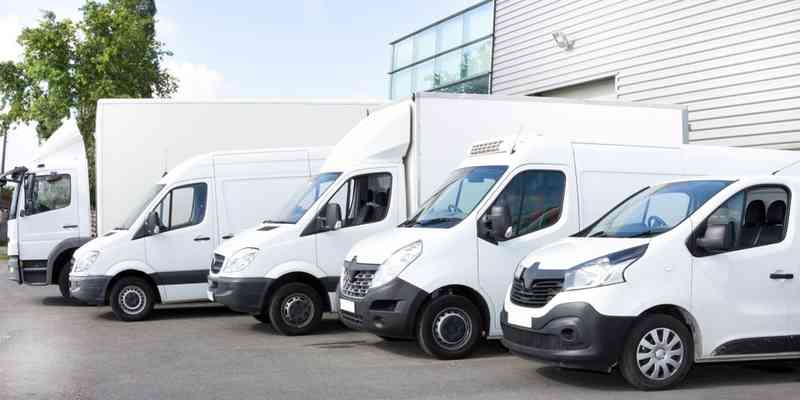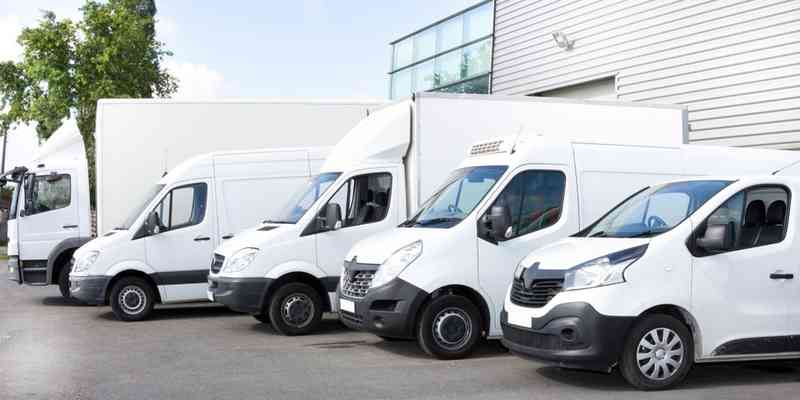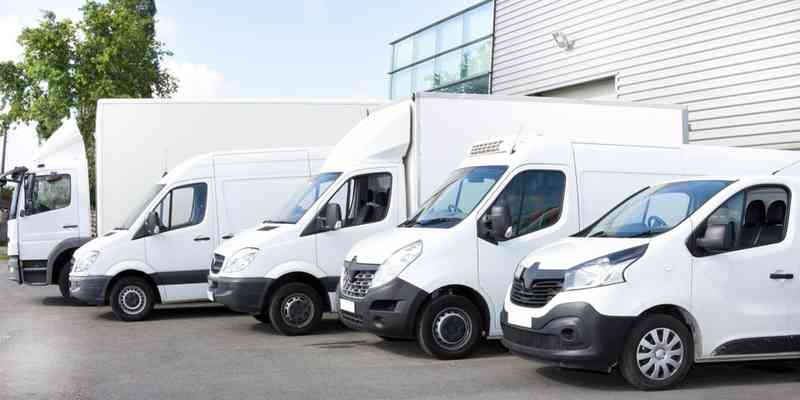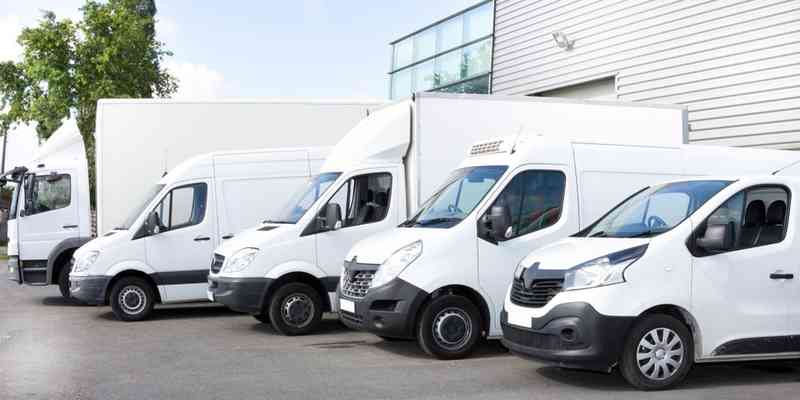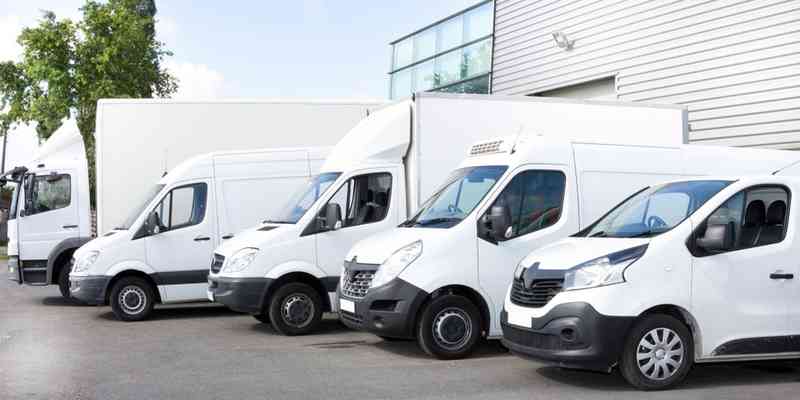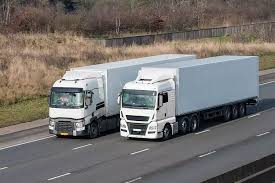Logistics Company Vehicle Insurance: Fleet Protection Strategies
Logistics companies face unique challenges when it comes to protecting their vehicle fleets. From long-haul trucking to local delivery services, comprehensive vehicle insurance is essential for maintaining operations and protecting your business investment.
Understanding Logistics Fleet Insurance Needs
Logistics companies operate diverse vehicle fleets that require specialized insurance coverage. Unlike standard commercial vehicle insurance, logistics fleet protection must account for:
- Multiple vehicle types and sizes
- Varying cargo values and types
- Extended operating hours and routes
- Driver management across different locations
- Seasonal demand fluctuations
Essential Coverage Types for Logistics Companies
Commercial Vehicle Insurance
The foundation of any logistics fleet protection strategy includes comprehensive commercial vehicle insurance covering:
- Third-party liability protection
- Vehicle damage and theft coverage
- Driver injury protection
- Breakdown and recovery services
Goods in Transit Insurance
Protecting cargo during transportation is crucial for logistics companies. This coverage includes:
- Damage to goods during transport
- Theft of cargo
- Loading and unloading accidents
- Temperature-sensitive cargo protection
Public and Employers' Liability
Logistics operations involve interaction with customers and employment of drivers, requiring:
- Public liability for customer property damage
- Employers' liability for driver injuries
- Loading bay accident coverage
- Warehouse operation protection
Fleet Protection Strategies
Risk Assessment and Management
Effective fleet protection begins with comprehensive risk assessment:
- Route analysis and hazard identification
- Driver training and qualification programs
- Vehicle maintenance scheduling
- Cargo security protocols
- Emergency response procedures
Technology Integration
Modern logistics companies benefit from technology-enhanced protection:
- GPS tracking and route optimization
- Driver behavior monitoring systems
- Vehicle maintenance alerts
- Cargo temperature monitoring
- Security camera systems
Specialized Logistics Insurance Considerations
High-Value Cargo Protection
Logistics companies handling valuable goods require enhanced coverage:
- Increased cargo value limits
- Specialized security requirements
- Secure parking facility coverage
- Armed escort protection
Hazardous Materials Transport
Companies transporting dangerous goods need specialized coverage for:
- Environmental liability
- Cleanup and containment costs
- Regulatory compliance protection
- Emergency response coverage
International Operations
Cross-border logistics require additional considerations:
- International liability coverage
- Customs and border protection
- Currency fluctuation coverage
- Foreign jurisdiction compliance
Cost Management Strategies
Fleet Size Optimization
Managing insurance costs while maintaining adequate coverage:
- Regular fleet size assessment
- Seasonal vehicle adjustments
- Shared vehicle arrangements
- Lease vs. purchase considerations
Driver Management Programs
Reducing premiums through effective driver management:
- Comprehensive driver screening
- Ongoing training programs
- Performance monitoring systems
- Incentive programs for safe driving
Claims Management for Logistics Companies
Incident Response Procedures
Effective claims management requires established procedures:
- Immediate incident reporting systems
- Evidence collection protocols
- Customer communication procedures
- Alternative delivery arrangements
Business Continuity Planning
Maintaining operations during claims processing:
- Replacement vehicle arrangements
- Alternative route planning
- Customer notification systems
- Temporary staffing solutions
Regulatory Compliance
Legal Requirements
Logistics companies must maintain compliance with:
- Minimum insurance requirements
- Driver licensing regulations
- Vehicle safety standards
- Environmental regulations
- Working time directives
Industry Standards
Meeting industry expectations and customer requirements:
- Professional association standards
- Customer insurance requirements
- Supplier qualification criteria
- Quality certification maintenance
Choosing the Right Insurance Partner
Specialist Logistics Insurers
Working with insurers who understand logistics operations:
- Industry-specific expertise
- Flexible coverage options
- Competitive pricing structures
- Claims handling experience
- Risk management support
Broker Services
Professional insurance brokers can provide:
- Market comparison services
- Policy customization
- Claims advocacy
- Ongoing policy management
- Risk assessment support
Future Considerations
Emerging Technologies
Preparing for future developments in logistics:
- Autonomous vehicle integration
- Electric fleet transition
- Drone delivery systems
- Blockchain cargo tracking
- AI-powered route optimization
Sustainability Requirements
Environmental considerations affecting insurance:
- Carbon footprint reduction
- Alternative fuel vehicles
- Green logistics certification
- Environmental liability coverage


 0330 127 2333
0330 127 2333
